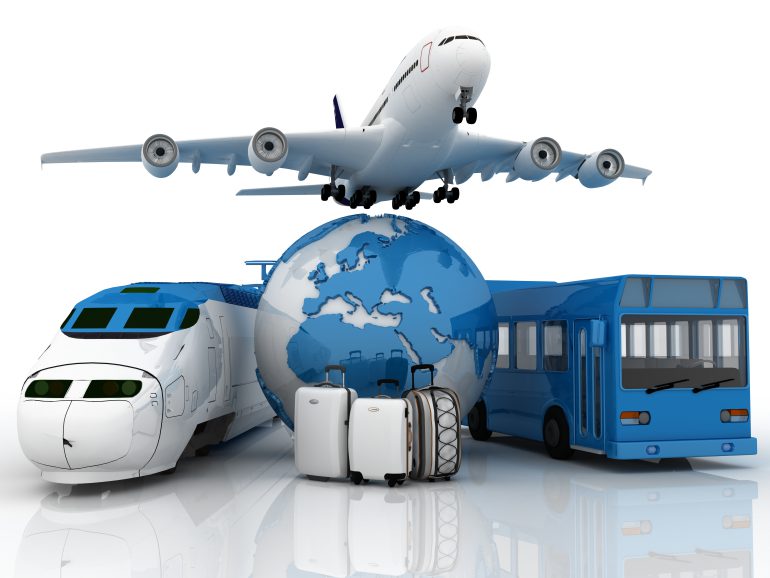As the climate crisis worsens, more measures are needed on all fronts to reduce our collective damage to the environment. As far as individual actions go, cutting down on flying is by far the best way to dramatically decrease our carbon footprint. Currently, several Dutch political parties are looking to implement proposals to disincentivize flying, which in turn would encourage more people to use trains as a drastically less impactful means of transportation. Meanwhile, according to a recent Greenpeace report, traveling by train in Europe still remains one and a half times more expensive than flying.
In spite of a national flight tax increase from €8 to €26.33 per ticket this year, flying has an unfair advantage over train transportation in the Netherlands. For example, while there is no VAT for flying in the country, each train ticket carries an additional VAT of 9%.
The political proposals to level up the gap between plane and train tickets vary from party to party, but most include at least one in their election manifesto (with the exception of some right-wing parties such as FvD, PVV, JA21, BBB and BVNL). VVD proposes a European tax on kerosene, the main component of aviation fuel. This is an initiative that most parties agree with. On their part, D66, SGP and ChristenUnie recommend a tax on short flights, the least necessary and time-efficient, and thus most avoidable type of flight. Groenlinks/PvdA, SP and ChristenUnie propose a frequent flyer tax, which would increase progressively with each new flight a person boards. And Volt, D66 and ChristenUnie also envision a distance tax, variable according to the distance traveled per flight.
In the Netherlands, 8% of the population alone is responsible for 40% of all flights. People with higher incomes fly significantly more, which makes taxes with a socioeconomic component, like the ones on frequent flying, more just in terms of splitting the responsibility, according to an expert from research firm CE Delft. Along the same line, environmentalist NGO Milieudefensie proposes a rapidly increasing tax, starting at €40 for the first flight, and then doubling for each flight taken afterwards until reaching up to €320 per year.
A Greenpeace report released last July reveals that while flying is 80 times more damaging to the environment than train transportation, on average train tickets are twice as expensive as their plane counterparts in Europe (25% more than the Dutch average). Aviation alone accounts for 15% of the Dutch global air pollution impact, and yet according to Greenpeace, underinvestment in the railway system, in comparison with other means of transportation, remains a critical component of the ticket price difference.
But what can be done to reduce that difference, beyond making flying more expensive? Greenpeace demands that governments invest heavily in public transportation networks as a realistic approach not only to disincentivize flying but also to increasingly encourage the use of trains. This could include reduced VAT for train tickets and making sure that they remain more affordable to people with lower incomes.
However, price is not the only reason for people to choose flying over train travel. The fact remains that planes are more convenient in other aspects as well. According to a study by Royal Haskoning DHV engineering consultancy, other aspects can be made more efficient in train transportation. By using and enhancing existing tracks, as well as by improving ticketing systems and international timetables, it is possible to eliminate 89,000 short flights from Schiphol Airport every year.
In terms of time efficiency, flying is slower than we tend to think, especially on shorter-distance trips, once we take into account travelling to the airport, check-in and security and gate waiting times. Greenpeace insists that despite current conditions, traveling by train is indeed quite doable today, all things considered, and that the most-travelled air routes in Europe (including London to Paris and Paris to Amsterdam) can be done by train in less than 6 hours. When considering price, buying train tickets in advance can greatly reduce prices – they are cheapest in the first week they become available.
Be it as it may, in order to make trains more appealing to the public compared to flying, a conjunction of public and political will is needed to transform the necessity of reducing pollution into a practical, doable and equitable choice for the majority of the population.
Written by Juan Álvarez Umbarila
